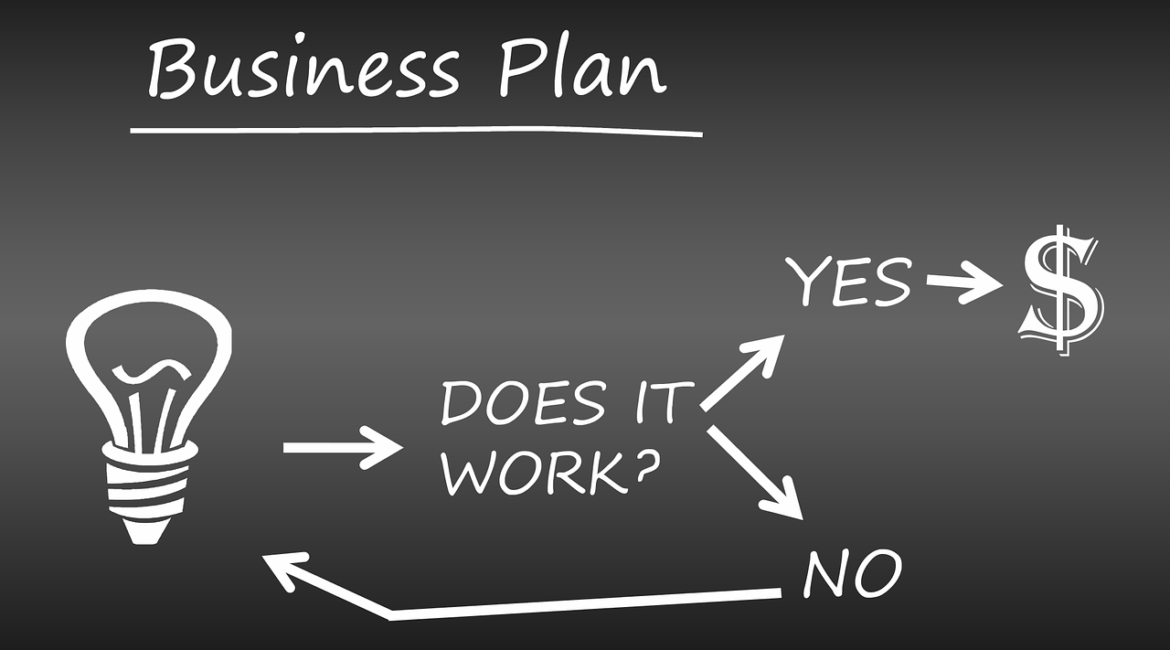In a previous article discussing what was so special about $800,000, many of my readers enjoyed and commented on extensively. I want to pick up on the main premise of that article, which was talking about the importance of a good business plan. This is what I believe to be the crucial factor in demonstrating the synergy between candidate and company. Without a good strong, comprehensive plan, it will be difficult to get hired with all the competition in this candidate-driven market. Ironically, our cottage industry firms are still being very selective of whom they will make an offer to, even when there are fewer strong candidates looking to make moves.
As more and more people at the higher levels are getting hired this year, there is a pattern that is repeating from the companies that I represent: they all want a business plan. Why I call this a necessary evil is that most of the candidates that we work with are very reluctant to share their plan with a competing firm. I want to clear up a few misconceptions and share some thoughts with you that will make your plan more enticing to a suitor.
What Sharing Your Business Plan Means To Firms
The first hesitancy I always hear is that, “I do not want to share my plan with a firm I am not guaranteed to be hired by. They may use my plan against me. If I share all my information, I have lost my value to them, etc.” First, you can rest assured that firms using recruiters are not asking for a business plan to take your business away from you. In the municipal space, most of the clients are known. There are very few proprietary clients, except in the P3 space. Secondly, if a firm is asking you for a plan, they are serious about moving forward with you. They are trying to measure the amount of business that you can move and re-cultivate before they can complete your compensation package.
Obviously, the more business that you can justify, the higher the salary and bonus can become. Next, they want to make sure that they can offer you the right platform for your business. There is nothing more disturbing for a candidate, as well as the recruiter, than orchestrating a move and finding out later that the company can’t support the business. A business plan solves this from the inception.
What Should Go Into Your Plan?
First, most firms want to see more than just a spreadsheet representing your past and current deal flow. They like to see the thought behind the business plan. When it comes to the thought process, it’s best to demonstrate with calculations and data that show where your numbers are originating from. Present the mathematics, including take downs, etc. Also, you’ll want to display the likelihood of the deal closing and when planned to close when summarizing the years expected revenue. Do this for at least three years.
If you are contemplating adding additional bankers, show that as well as you are revealing your proposed build-out. More and more firms are weighing heavily on the accompanying narrative and the number portion of the plan. In addition, you want to demonstrate how the new platform will help you increase your current line of business. By analyzing the firm’s trading and underwriting performance and capitalizing on that to show how you can increase your own book of business can be incredibly helpful. Consider that analyzing the competition and what it will take to break into the market under a new firm is looked at carefully. This is not a time to sugar coat, but rather to lay out the facts with your business plan.
Honesty Is The Best Policy
Companies will appreciate the conservative nature of your business plan as well as the reality of it. They want to know the pros and cons in order to make the right hiring choice. Most firms are highly aware that breaking into a new market takes a minimum of 18 to 36 months to hit stabilization and consistent profitability. The plan should be at least three to five pages long, plus spreadsheets. Lastly, if you have a recruiter work with them on your plan. They will have insight that you might not be aware of. Create a business plan for all in-person interviews, whether you are asked for one or not. This will give you a leg up on your competition for the position.
If you would like to discuss your options, please reach out to me for a confidential conversation at 760-477-1284 or email me at [email protected].
About Harlan Friedman, JD & Founding Member, H. Friedman Search LLC. Harlan is a thirty-year veteran Public Finance Banker turned recruiter who specializes in the placement of all level Public Finance Bankers, Health Care Bankers, Municipal Financial Advisors, Compliance Officers, Issuers, and Bond Counsels. He can be reached on LinkedIn, at [email protected] or 760-477-1284.

